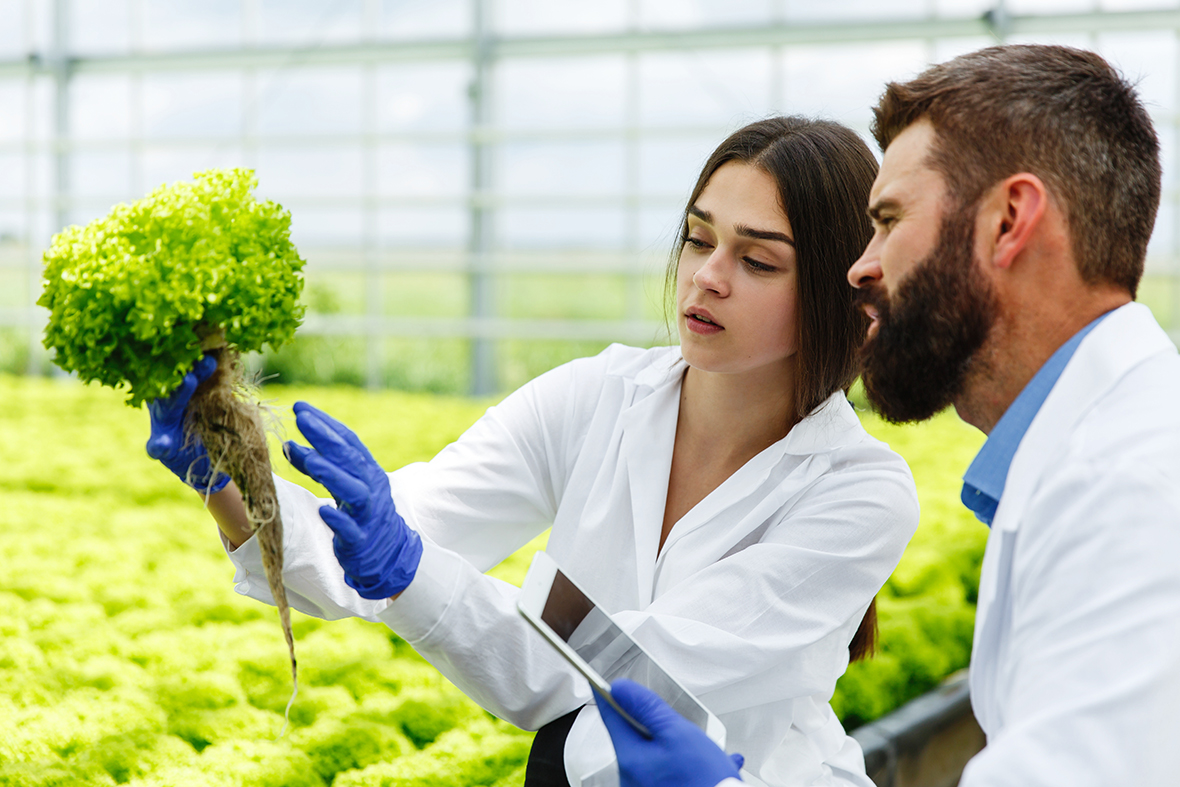Modernization of agriculture and the use of digital technology have caused new concepts to emerge such as precision farming, digital farming, and smart farming. These terms, despite often used interchangeably, have a subtle difference in meaning.
▪ Precision farming or precision agriculture?
The European Parliament’s report on Precision agriculture and the future of farming in Europe defines precision agriculture as: “a modern farming management concept using digital techniques to monitor and optimize agricultural production processes”. The key point here is optimization. Instead of applying an equal amount of fertilizers over an entire field, precision agriculture involves measuring the within-field soil variations and adapting the fertilizer strategy accordingly. This leads to optimized fertilizer usage, saving costs and reducing the environmental impact.
▪ Smart farming
Smart farming is the application of information and data technologies for optimizing complex farming systems. The focus is rather on access to data and the application of these data – how the collected information can be used in a smart way.
▪ Digital farming
The essence of digital farming lies in creating value from data. Digital Farming means to go beyond the mere presence and availability of data and create actionable intelligence and meaningful added value from such data. Digital farming is integrating both concepts – precision farming and smart farming. According to a paper on Digital Agriculture by DLG (German Agricultural Society), digital farming is understood to mean “consistent application of the methods of precision farming and smart farming, internal and external networking of the farm and use of web-based data platforms together with Big Data analyses”.


